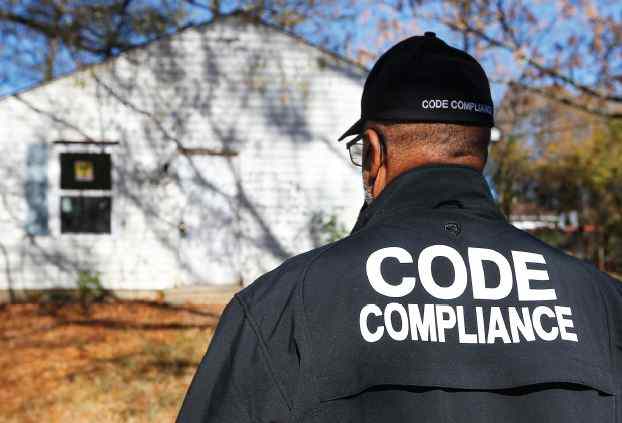Estimated reading time: 4 minutes
When buying or selling a home, you should know two key figures: the municipal code inspector and the building consultant (home inspector).
While both inspect buildings, their roles, responsibilities, and how they serve you differ significantly. Let’s explore these differences to help you navigate the inspection process more effectively.
Municipal Code Inspectors: The Guardians of Building Standards

Municipal code inspectors work for your local jurisdiction (Authority Having Jurisdiction or AHJ) to ensure construction projects comply with local building codes and regulations. These professionals maintain public safety, can issue citations, stop work orders, and even initiate legal action for non-compliance. They enforce standards across all construction phases and projects in their area.
Key points about municipal code inspectors:
- They work for the local government and receive a salary.
- They focus primarily on code compliance during the construction process, and if the local jurisdiction has adopted the code, they will inspect building remodeling and rehabilitation.
- They can halt construction if they find serious violations.
- They typically limit their inspections to specific areas of code compliance, and while essential, the inspection seldom guarantees high-quality materials, workmanship, or attention to detail.
- They use standardized forms to document their findings.
- The building permit process includes their services, which homebuyers don’t directly pay for.
Building Consultants: Your Personal Property Advisors
City budget constraints, construction volume, and the specificity of the formal inspection process create an atmosphere primed for the fee-paid building consultant.
Inspectors like myself are independent professionals you can hire directly. We evaluate a property’s condition, offering invaluable insights that inform and, in most cases, significantly contribute to making the best decisions for your property.
Key points about building consultants:
- We work for ourselves or private companies and charge a fee for our services.
- We aim to provide detailed information about the property’s overall condition and functionality, which sometimes includes opinions about the quality of construction.
- We inspect in-progress construction phases and newly built and existing structures.
- We offer fact-based recommendations but can’t enforce changes or halt construction.
- We provide detailed, customized reports tailored to each property.
- We offer flexible scheduling to accommodate our clients’ needs.
While our roles differ, municipal code inspectors and building consultants share significant similarities.
We both need extensive knowledge of the building as a system and code knowledge, both undergo specialized training and continuing education and strive to provide objective assessments.
We prioritize safety, produce written documentation of our findings, adhere to professional standards, and engage in continuing education to stay current with evolving building practices and regulations.
Why You Need Both
As a homebuyer, you benefit from the work of both these professionals. The municipal code inspector ensures your potential new home meets the basic safety and structural requirements set by local authorities. They typically complete their work during construction, whether inspecting a rehab, a remodel, or a new building.
Building consultants offer opinions that focus on the home’s current condition. This is where our work becomes invaluable. We provide a thorough, current assessment of the property you’re considering. Our inspection goes beyond code compliance, examining the overall condition, functionality, and potential issues that could affect your enjoyment of the home or lead to future expenses.
A building consultant’s report can help you:
- Understand the actual condition of the property—for example, age-related defects and potential maintenance issues.
- Identify potential safety hazards that may have developed over time or were not applicable during their code compliance cycle.
- Estimate future maintenance and repair costs, if requested.
- Gather information about the home you may use to negotiate the purchase price.
- Plan for necessary upgrades or repairs you may consider after purchase.
- Work with other professionals to make an informed decision about the property.
Remember, while municipal code inspectors play a crucial role in ensuring basic safety standards, their work can be less detailed than a comprehensive inspection by a building consultant. When you’re ready to buy a home, make sure you engage the services of a qualified building consultant. We’ll provide the information and guidance you need to make a confident, informed decision about your future home.
- - - - - - - - - - - - - - - - - - - - -